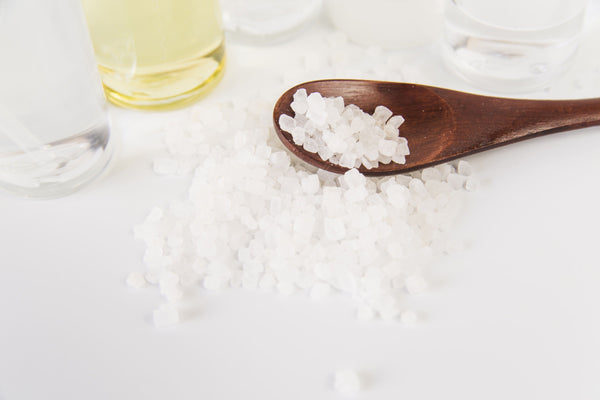
How Hydration Influences Immunity?

The Link Between Water Intake and Immune System Performance
Water plays a critical role in nearly every physiological process in the human body. From regulating body temperature to transporting nutrients and removing waste products, adequate hydration is essential. But beyond these well-known functions, emerging scientific research highlights a significant connection between hydration and immune function.
Consistently drinking enough water helps maintain immune balance, supports detoxification, and preserves mucosal barriers that protect against pathogens. Even mild dehydration can reduce the efficiency of the immune response, making the body more vulnerable to infection.
The Immune-Supporting Roles of Water
Regular hydration contributes to:
-
the production and movement of lymphatic fluid, which carries white blood cells;
-
maintaining moisture in mucous membranes to block pathogens;
-
flushing out toxins and reducing inflammatory responses.
According to Popkin (2010), mild dehydration can impair both cognitive and immune system function, increasing vulnerability to illness.
Mucous Membranes as the Body's First Line of Defense
Hydrated mucosal tissues in the respiratory and digestive tracts trap bacteria, viruses, and other pathogens. When these membranes dry out due to dehydration, their protective function is compromised, heightening the risk of infection.
Kavouras (2016) emphasized that adequate water intake is essential for preserving the integrity of these critical immune barriers.
Hydration and Detoxification
The kidneys and liver rely on sufficient water to filter blood and remove waste products. A lack of water slows down detoxification, leading to toxin accumulation and increased oxidative stress, which burdens the immune system.
Proper hydration also helps prevent inflammation linked to retained metabolic byproducts.
Inflammation and Dehydration
Ongoing dehydration can elevate levels of pro-inflammatory cytokines, leading to dysregulated immune responses. This is especially important in autoimmune conditions and chronic inflammation-related diseases.
Water helps maintain optimal blood plasma volume, which ensures proper circulation of immune cells and biochemical balance in the body.
How Much Water Should You Drink?
Recommended daily intake:
-
Women: 2.0 - 2.5 liters;
-
Men: 2.5 - 3.5 liters;
Your needs increase with:
-
physical activity,
-
hot weather,
-
caffeine or alcohol intake,
-
illness or fever.
Drink water consistently throughout the day. Thirst is often a late signal of dehydration.
Conclusion
Hydration is a foundational component of a strong and effective immune system. It helps defend against pathogens, aids in detoxification, and modulates inflammation. Incorporating regular water intake into your daily routine is a simple yet powerful preventive health measure supported by science.
References:
-
Popkin BM, D'Anci KE, Rosenberg IH. Water, hydration and health. Nutrition Reviews. 2010;68(8):439–458.
-
Kavouras SA. Hydration, dehydration, and immune function. Nutrition Reviews. 2016;74(S2):66–72.
-
Jéquier E, Constant F. Water as an essential nutrient: the physiological basis of hydration. European Journal of Clinical Nutrition. 2010;64(2):115–123.




